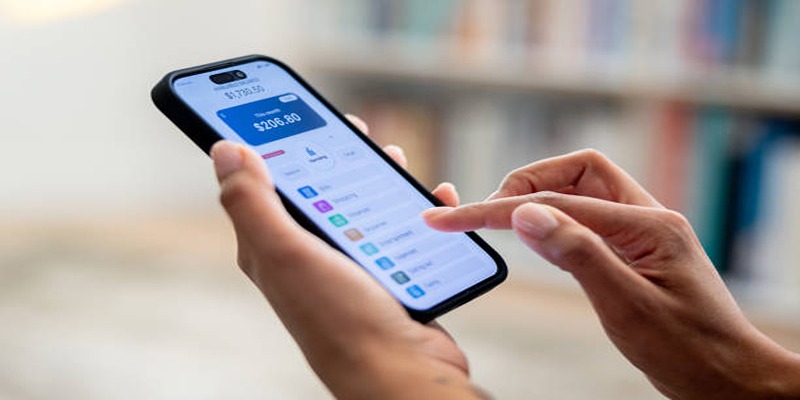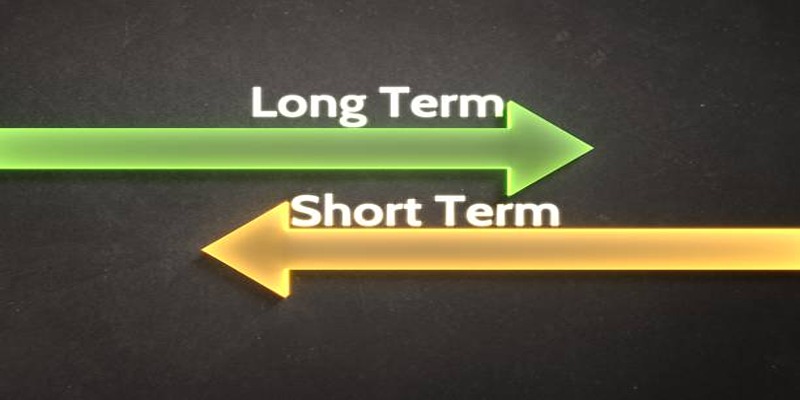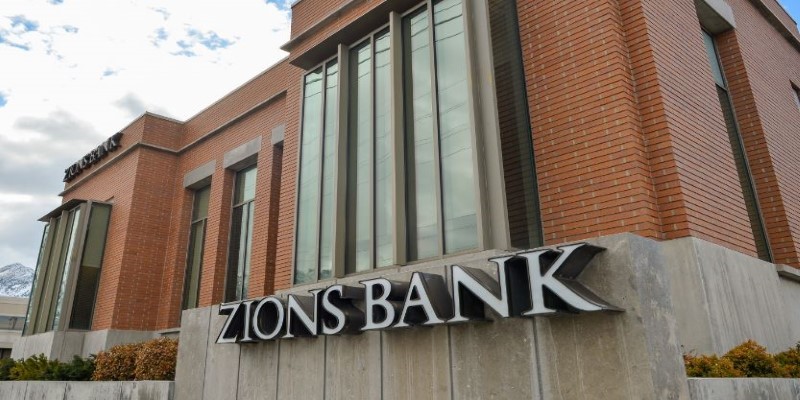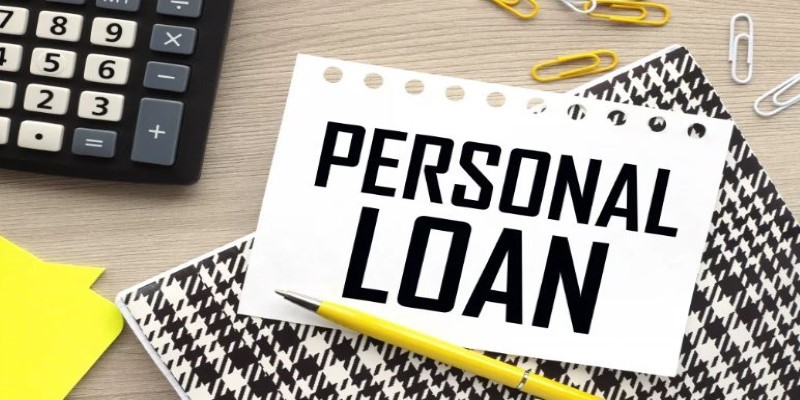Managing financial transactions without a bank account might seem like a challenge, but many reliable options exist. Whether you need to send money to family, pay for a service, or handle urgent expenses, you don’t necessarily need a bank. Technology and traditional financial systems have made it possible to transfer funds securely without depending on a bank account.
From digital payment apps and cash-based transfers to prepaid debit cards and other virtual payment methods, each option has unique advantages. The right choice depends on transaction speed, cost, and accessibility. With so many alternatives available, moving money without a bank account has never been easier.
Mobile Payment Apps: Instant and Secure Transfers
Mobile payment apps have simplified money transfers, offering an easy way to send funds without a bank account. These platforms function as digital wallets, allowing users to store and send money using their smartphones. Instead of linking to a bank, they allow users to add funds through retail deposit locations, prepaid vouchers, or direct transfers from another app user.
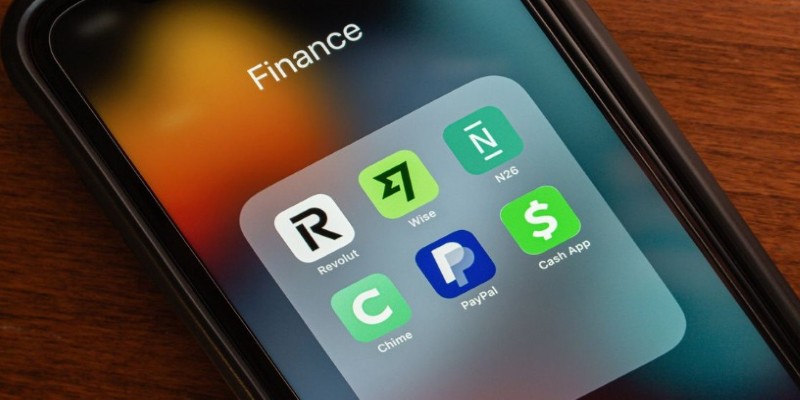
To use this method, the sender merely downloads an app, signs up for an account, and funds the platform. The recipient can access the money in minutes and use it to make digital payments or withdraw cash from approved points. Most of these apps also cater to international transactions, making them a favorite option for remittances.
Mobile payment systems always prioritize security. Most services employ encryption, fraud detection, and multi-factor authentication to safeguard users. Even some apps provide buyer protection and transaction monitoring to keep transfers safe. Charges differ by platform, with some providing free peer-to-peer transactions while others charge a small percentage fee for cash withdrawals.
Cash Transfer Services: Fast and Reliable Transactions
For those who rely on cash transactions, traditional money transfer services offer a secure way to send and receive money without a bank account. These services operate through a network of authorized agents, including retail stores, post offices, and dedicated financial service providers. The sender only goes to an agent, gives the recipient's information, and pays over the amount to be remitted. In exchange, they get a distinct transaction code that is to be shown to the recipient when receiving the money.
Cash transfer services are particularly beneficial for individuals in remote locations who may not have access to digital payment platforms. These transfers are often completed within minutes, making them a quick and convenient solution for urgent financial needs. Many providers also offer an additional layer of security by allowing senders to set up a security question, which the recipient must answer before collecting the money.
Another reliable option is a money order, which works similarly to a prepaid check. The sender purchases a money order, fills in the recipient’s details, and mails or delivers it. The recipient can then cash it at their convenience. While money orders take longer to process than direct cash transfers, they provide a paper trail, making them a safer choice when sending funds through postal or courier services.
Prepaid Debit Cards: A Flexible Alternative to Bank Accounts
Prepaid debit cards offer a convenient way to send money without requiring a bank account. Unlike traditional debit cards, they are not linked to a bank and instead operate on a preloaded balance. This makes them an effective option for individuals who need a secure and flexible payment method.
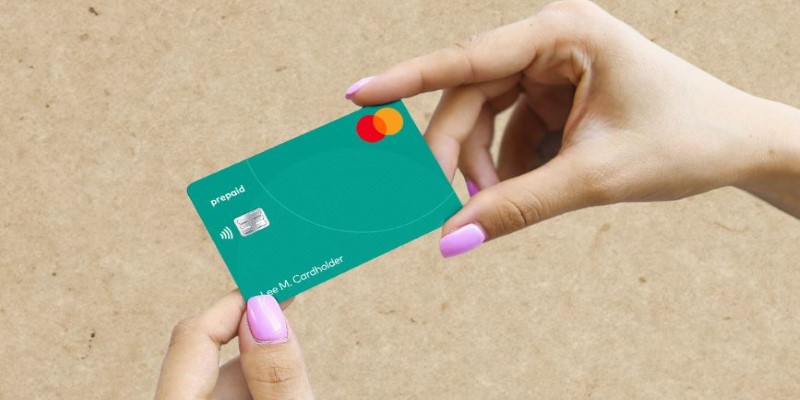
To use this method, the sender purchases a prepaid card, loads it with funds, and provides it to the recipient. Some prepaid cards also allow digital transfers between cardholders, making them useful for sending money remotely. Once received, the card can be used for in-store or online purchases, bill payments, or cash withdrawals from ATMs.
One key benefit of prepaid debit cards is their ability to control spending, as users can only access the preloaded balance. This makes them ideal for budgeting and financial planning. However, they often come with various fees, including activation charges, reload costs, and ATM withdrawal fees. Despite these costs, prepaid debit cards remain a reliable choice for those who prefer a bank-free way to manage and transfer money while maintaining financial control.
Conclusion
Sending money without a bank account is not only possible but also convenient with the right method. Whether using digital payment apps, cash transfer services, or prepaid debit cards, each alternative provides a secure and efficient way to move money. Mobile payment apps offer quick transactions, while cash services ensure accessibility in areas with limited digital infrastructure. Prepaid debit cards provide spending flexibility, and other digital financial tools enable seamless transfers. The best choice depends on the speed, cost, and recipient’s needs. With financial solutions continually evolving, non-bank transfer methods will only become more accessible and efficient in the future.


